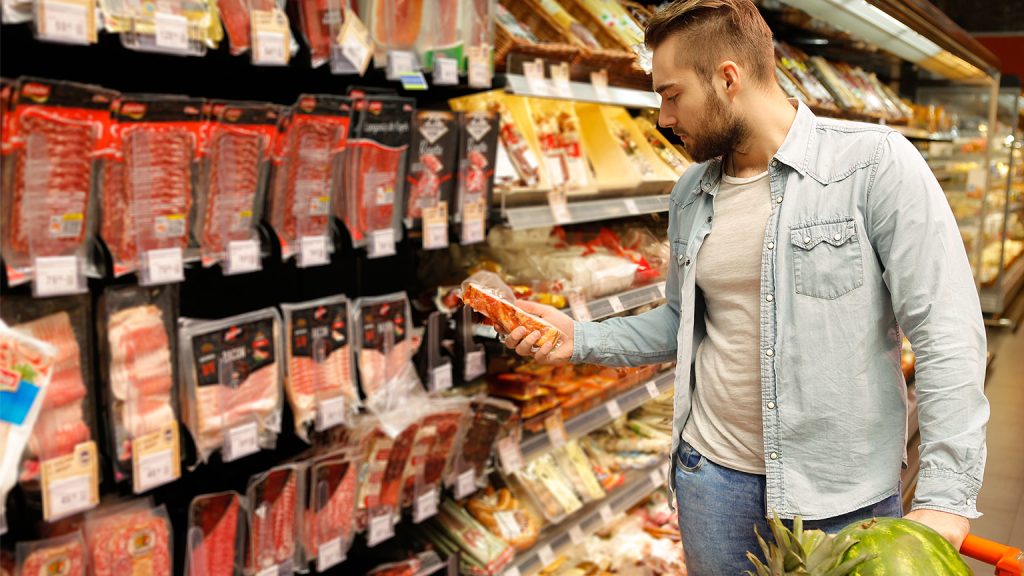Reposted from: https://www.motherjones.com/food/2020/11/biden-would-be-a-fool-not-to-break-up-huge-food-conglomerates/
As Biden forms his cabinet and prepares to govern, a new paper, commissioned by the Farm Action Fund Alliance, makes a strong case that Big Ag consolidation actually harms working-class and farmer livelihoods in rural areas. The authors, University of Missouri rural sociologist Mary Hendrickson, Michigan State University professor Phil Howard, Farm Action Fund Alliance’s Emily Miller, and Sam Houston State University’s Douglas Constance, detail how virtually every aspect of our food system—from retail to distribution to meatpacking down to seeds and pesticides—has fallen under control of an ever-smaller number of ever-larger companies, with benefits that accrue mainly to their shareholders.
For consumers, this hyper-consolidation means that the array of choices we see at the supermarket is largely an illusion, the paper shows. Despite all the creative and varied bottle and box labels on display, four companies—led by Gallo and Constellation—are behind nearly half of the wine sold in the United States. Beer is even more concentrated—four conglomerates own almost 80 percent of the market, including many “craft” brands. Three companies—General Mills, Kellogg, and Post—peddle 83 percent of the cereal in the breakfast aisle. Bagged salad greens? Chiquita and Dole make up more than a quarter of that market.
Fast food options proliferate, but three big ones, KFC, Pizza Hut, and Taco Bell, belong to one company, Yum! Brands. Together with McDonalds, Wendy’s, and Subway, just four companies grab nearly 40 percent of the booming US fast food market. And the burgers they sell likely come from JBS, Marfrig, Tyson, and Cargill, which process three of every four beef cattle grown in the United States. Chicken nuggets and other poultry delicacies by and large emerge from farms under contract with Tyson, JBS, Perdue, and Sanderson, which control more than half the chicken market.
One reason federal antitrust authorities have greenlighted the mergers that led to such concentration, the authors note, is the idea that allowing a few companies to dominate a particular market is more efficient, leading to lower costs and thus lower prices for consumers. But that’s not really the case. “Consumer prices are ‘sticky,’ rising when costs for powerful processors and retailers increase, but less likely to fall when prices paid to farmers decrease,” they write. And markets dominated by a few huge competitors provide fertile ground for collusion to raise prices. They point to a barrage of recent lawsuit and criminal cases alleging just that, among the the beef, pork, and chicken giants.



